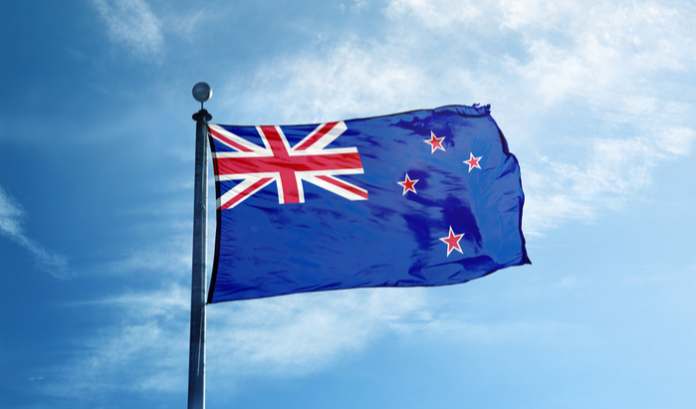The New Zealand government has announced it will invest NZD $76m – partly-funded through a levy paid by the New Zealand Lotteries Commission (Lotto NZ) – as it explores avenues to minimise and prevent gambling harm.
Money will be made available to support training pathways and boost the skills and diversity of a workforce, including peer and cultural support workers, as well as expansion of digital services.
Educational initiatives of the Strategy to Prevent and Minimise Gambling Harm will focus on younger consumers, whilst a separate programme will aim to support ‘vulnerable communities’ such as Māori, Pacific, and Asian people.
Lastly, a ‘de-stigmatisation initiative’ will look to encourage people to seek help for problem gambling and related harms, as well as to ‘change the conversation’ around gaming to better facilitate this goal.
The Strategy to Prevent and Minimise Gambling Harm will be funded through the levy paid by Lotto NZ, TAB NZ, casinos and non-casino gaming machine operators.
Andrew Little, New Zealand’s Health Minister, said: “The new funding and strategy aligns our gambling harm prevention and minimisation efforts with the reforms to the health and disability system and the new mental health system we’re building.”
The Labour government has identified gambling as a ‘significant social and economic issue’ in New Zealand, as well as an ‘equity issue’ due to young people and members of the Māori, Pacific and Asian communities being ‘disproportionately affected by harm’.
According to government figures, one in five New Zealanders will either directly or indirectly experience gambling related harm, whether due to their own betting behaviour or the impact of someone else’s.
The strategy will be supported by industry levy contributions, with the total cost of $76m covering the 2022/23 to 2024/25 levy period – an increase of $15.6m from the last period of 2019/20 to 2020/21.
The government added that ‘culturally responsive’ services will be developed in collaboration with affected communities and those with lived experience, whilst engagement with ‘priority populations’ will also revolve around addressing stigma and education in schools.
To achieve these objectives, authorities intend to build on certain enablers – notably, the gambling harms workforce capacity and capability, addressing cultural and language barriers, development of digital services, ‘action-oriented’ research and evaluation of ongoing services to identify areas of improvement.
Implementation of the plan will be overseen by the three government agencies responsible for problem gambling minimisation – the Ministry of Health, Department of Internal Affairs and Te Hiringa Hauora/Health Promotion Agency.
“Effective regulation of gambling means we can deal with harms, including financial problems, relationship problems, family violence, and alcohol abuse,” added Jan Tinetti, Internal Affairs Minister.
“The new investment and strategy is about showing we’re serious about protecting New Zealand from these harms.
“The Strategy to Prevent and Minimise Gambling Harm was developed following public consultation in late 2021 and will ensure that services are co-designed with people with lived experience of gambling harm, service providers, community groups and industry bodies.”



























